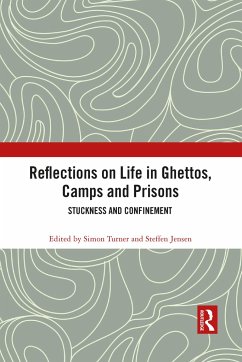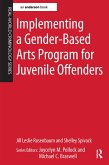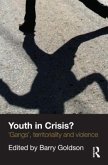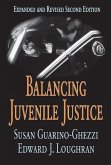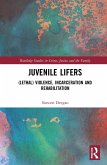Reflections on Life in Ghettos, Camps and Prisons explores the relationship between ghettos, camps, places of detention and prisons with a focus on those people who are confined, encamped, imprisoned, detained, stuck, or forcibly removed through the lens of 'stuckness'. From a point of departure in anthropology, with important contributions from criminology, geography and philosophy, the chapters explore how life is lived in and across these sites of confinement by focusing on the tactics of everyday life, while being mindful of how forms of abjection are constitutive elements of these sites. Stuckness, from this inter-disciplinary perspective, is not simply a function of the spatial form it takes; we need to understand how temporality animates stuckness as an important dimension of confinement. Death, the ultimate temporal boundary, emerges as particularly significant in this regard. With case studies from Palestine, Sierra Leone, South Africa, Northern Australia, Rwanda, Ivory Coast and Nicaragua, the contributors focus on the empirical question of how structures of stuckness, confinement and forced mobility impact on the possibilities of 'making life'. Suggesting new ways of thinking about how temporality and spatiality intersect and overlap in the lives of people struggling to manage conditions of stuckness, Reflections on Life in Ghettos, Camps and Prisons will be of great interest to scholars of anthropology, geography, criminology and philosophy. The chapters in this book originally published as a special issue of Ethnos.
Hinweis: Dieser Artikel kann nur an eine deutsche Lieferadresse ausgeliefert werden.
Hinweis: Dieser Artikel kann nur an eine deutsche Lieferadresse ausgeliefert werden.

